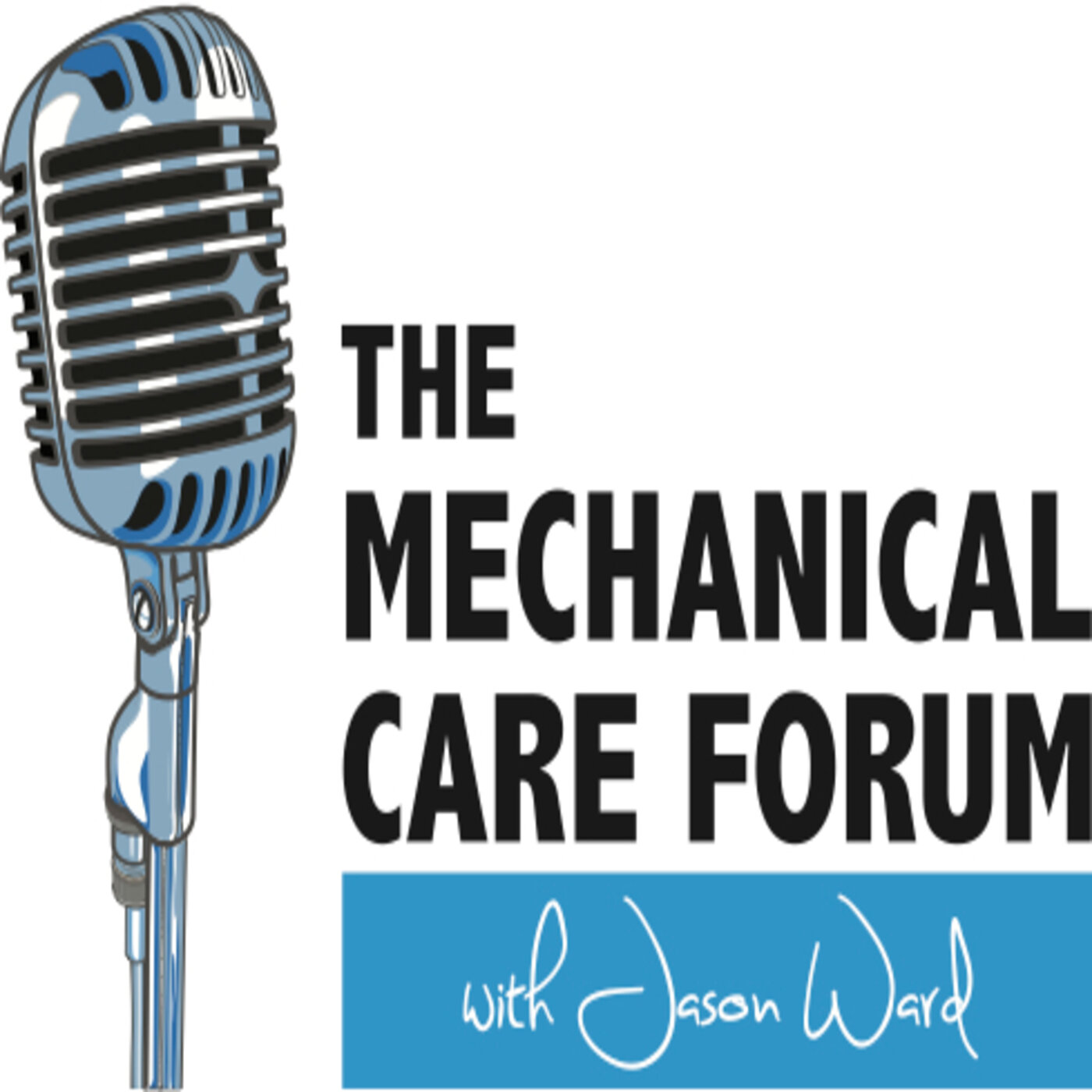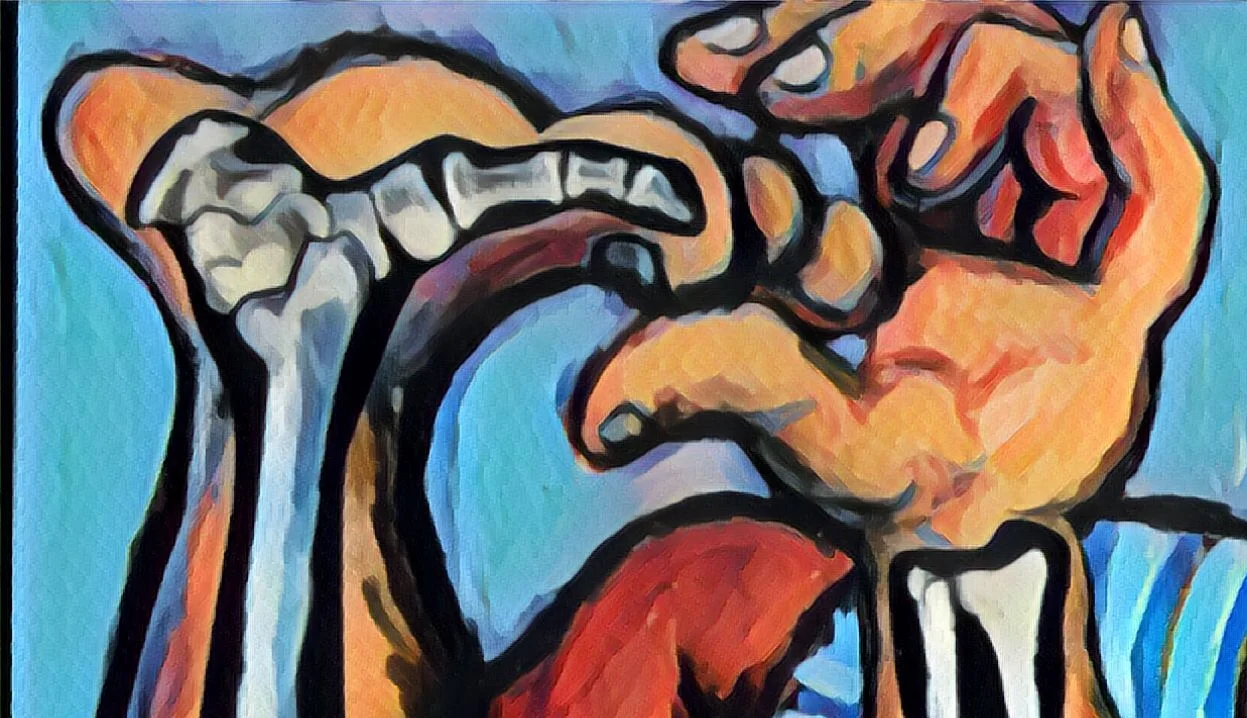In episode 217 enjoyed by associate professor David Butler of Adelaide Australia. Is the author of explain pain and his more recent book explain pain supercharged. We talk about his professional journey, those who have influenced his career, his insights on pain science and educating patients on the topic. This week on MCF!
Show Notes
Background
Associate Professor David Butler lives in Adelaide, Australia and is a physiotherapist by training. His 35 year career has been a blend of being a researcher, professor and a clinician.
Professional Journey
Prof Butler, trained at University of Queensland, Australia with a substantial focus on the Maitland system. Initially he had success with patient outcomes using the system but eventually it started to fade out. He had similar experiences with the McKenzie system, Neurodynamics and other treatment systems, and the pattern bewildered him. The journey to explain pain eventually led Prof. Butler to the “Neuroimmune science” approach. Each different system has given something valuable that Prof. Butler has been able to integrate in his more inclusive clinical approach.
Professor Butler’s personal opinion is that systems focused purely on manual based strategies for treating a patient are limiting for both the clinician and patient and outcome success eventually begins to fade.
Why Neuroimmune Science Makes Sense
Prof. Butler talks about the work of different people in the neurological world that has been influential in his journey through neurodynamics and eventually to neuroimmune science.
He believes that the health-care field has for a long time focused on the neurological aspect of the nervous system but failed to consider the role of neurons in controlling the immune system.
Through the neuroimmune system approach which is a mix of education and movement strategies; Prof Butler has improved understanding for
The Plasticity of the Nervous System
Integrating the social aspect into the biological and physiological approach of medicine
Seeking a balance between pro-inflammatory stage and the anti-inflammatory stage
An integrative approach of management of chronic pain includes coping skills, education, nutrition, exercise, laughter which all help boost the immune system.
Role of Physiotherapist with the Psychosocial Aspect
As physiotherapists we might not be experts in addressing the non-mechanical aspect of chronic pain patients, but having the knowledge and skills for good interaction and understanding the patient is important. It not only helps us to engage with our patients and develop a rapport to dispense correct knowledge to a more receptive patient; but also helps for appropriate referral to a counselor or a nutritionist who understand and practice the modern inclusive approach.
Humor Plays a Role
Though not as intentional prior to his foray into neuroimmune science, Prof. Butler has always used humor as a clinical tool while interacting with his patients. Also, he believes that, giving patient the freedom for linguistic expression is important to make a connection. He uses metaphors as linguistic expressions for humor in his communication.
On a physiological standpoint, laughter has a positive effect on the immune, endocrine, autonomic systems.
We hope to deliver this content to the committed professional who wants to improve his/her care and we hope to do it in a way that is easily accessible, the world over, in today's technological age.
To contribute:
Give a 5-star review on iTunes;
Share EP #217 with a friend; and/or
Connect with us on the Spotify MCF Podcast and MCF Instagram page!
Thanks for your support!



